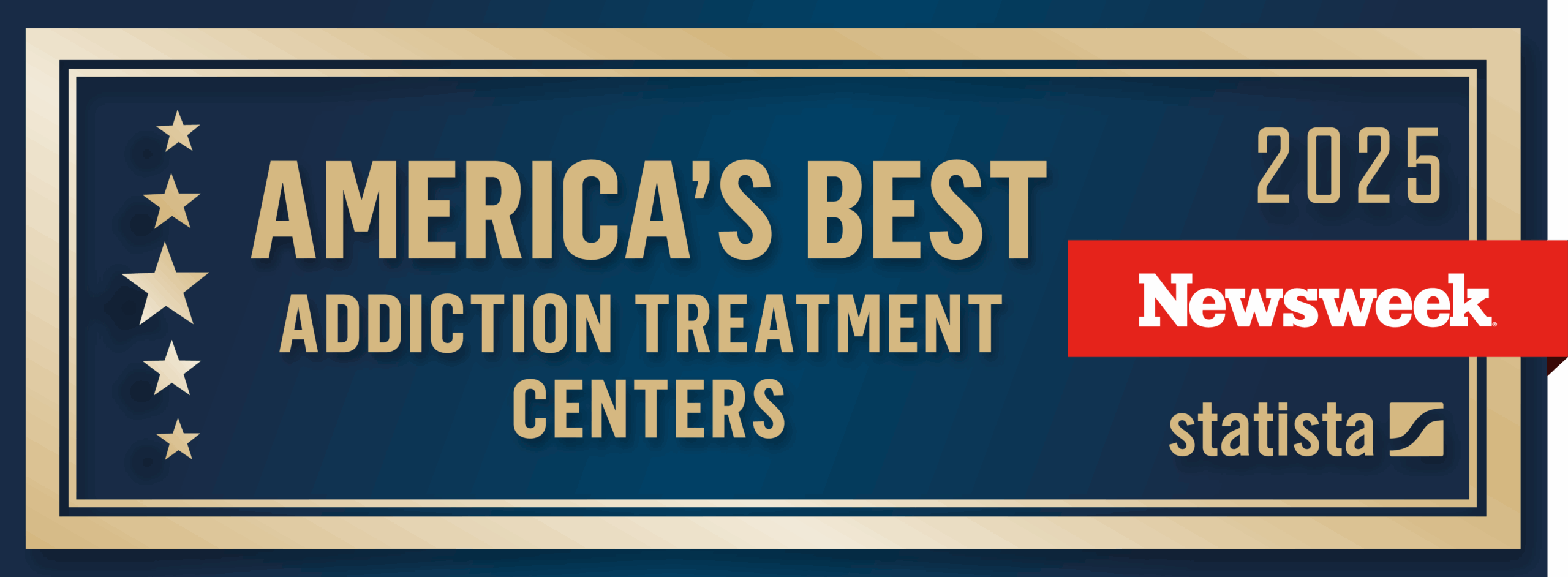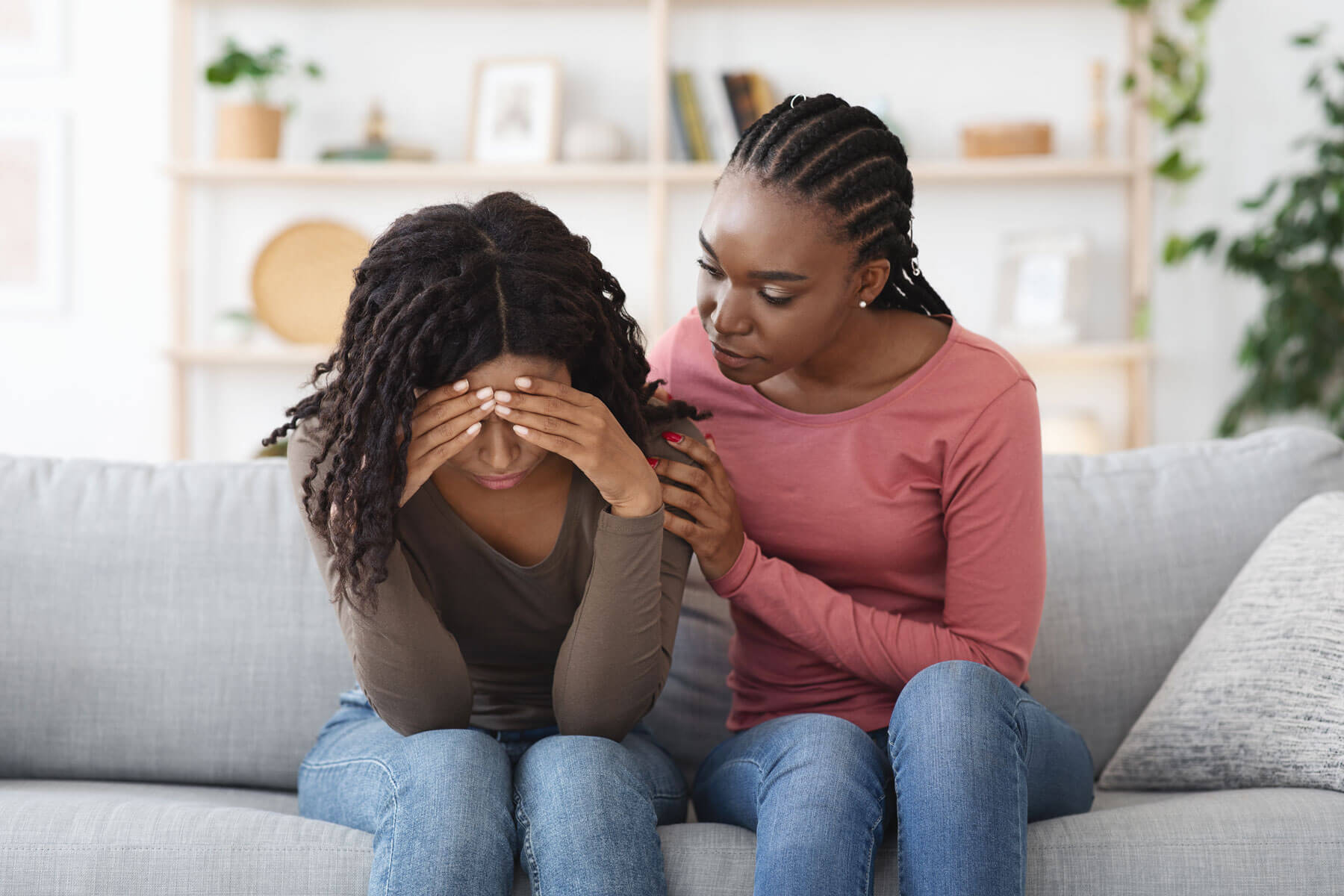When someone you care about is struggling with opioid addiction, it can feel like you’re watching them slip away—slowly, painfully, and without a clear way to help. You may be asking yourself: Why can’t they stop? What’s really going on? What can I do?
You’re not alone in these questions. Opioid addiction is complex, and while it often starts with a prescription or casual use, it can quickly spiral into something far more serious. This guide is here to help you better understand opioid abuse—not just the facts, but the emotional and psychological toll it takes on your loved one and your family.
How Opioid Addiction Begins
Opioids, whether in the form of prescription painkillers like oxycodone or illicit drugs like heroin, affect the brain by flooding it with dopamine, the chemical tied to pleasure and reward. At first, this rush can bring intense relief, especially for someone dealing with physical or emotional pain.
But over time, the brain adapts. That same dose doesn’t bring the same effect, so the person uses more. Eventually, the brain starts relying on the drug just to feel “normal.”
That’s not a lack of willpower. It’s a neurological shift, one that changes how a person thinks, feels, and makes decisions. Opioid addiction treatment provides a path forward, but it’s not always easy to take that first step.
Why It’s So Hard to Stop
One of the hardest parts of understanding opioid addiction is realizing that logic and love alone often aren’t enough to break through. Here’s why:
- Physical dependence: Withdrawal symptoms, like shaking, sweating, pain, anxiety, and nausea, can be brutal, even dangerous.
- Psychological grip: Opioids often become a way to escape emotional distress, trauma, or mental health challenges.
- Brain chemistry: Chronic use actually rewires the brain’s reward system, making the drug feel like a “need” instead of a choice.
If a loved one promises to quit and then relapses, it’s a sign that they need structured, professional support.
What to Know About Opioid Addiction in a Loved One
If you’re worried about someone close to you, here are a few signs of opioid abuse to look out for:
- Changes in sleep patterns or energy levels
- Mood swings or unexplained irritability
- Withdrawal from family, friends, or usual activities
- Missing money, valuables, or prescriptions
- Frequent flu-like symptoms or complaints of pain
You may also notice behavior that feels distant, dishonest, or hurtful. This isn’t who they are at their core—it’s the addiction speaking. And they need your help more than ever.
What You Can Do
Watching someone you love struggle with opioid addiction can feel powerless, but there are real, tangible ways to support them:
- Educate yourself. Learning the science behind opioid addiction helps you respond with empathy, not judgment.
- Set boundaries. Support doesn’t mean enabling. It’s okay to say no to behaviors that harm you or others.
- Encourage treatment. Recovery takes professional help. The right program can offer detox, counseling, and ongoing support.
- Take care of yourself. Your well-being matters, too. Consider counseling or support groups for families affected by addiction.
Real Help, Real Recovery: New Bridge Foundation®
At New Bridge Foundation®, we understand how painful it is to watch someone you love fight opioid addiction. But there is hope—and there is help.
Voted one of America’s “Best Addiction Treatment Centers” by Newsweek five years in a row, we offer a full continuum of care, including detox, residential treatment, and outpatient services. Our approach is holistic, addressing both physical withdrawal and the emotional roots of addiction.
We also offer special programming for veterans and first responders, and we proudly accept TRICARE insurance.
If someone you love is struggling with opioid addiction, there is help. Call New Bridge Foundation® today at 866.772.8491 to take the first step toward healing.








